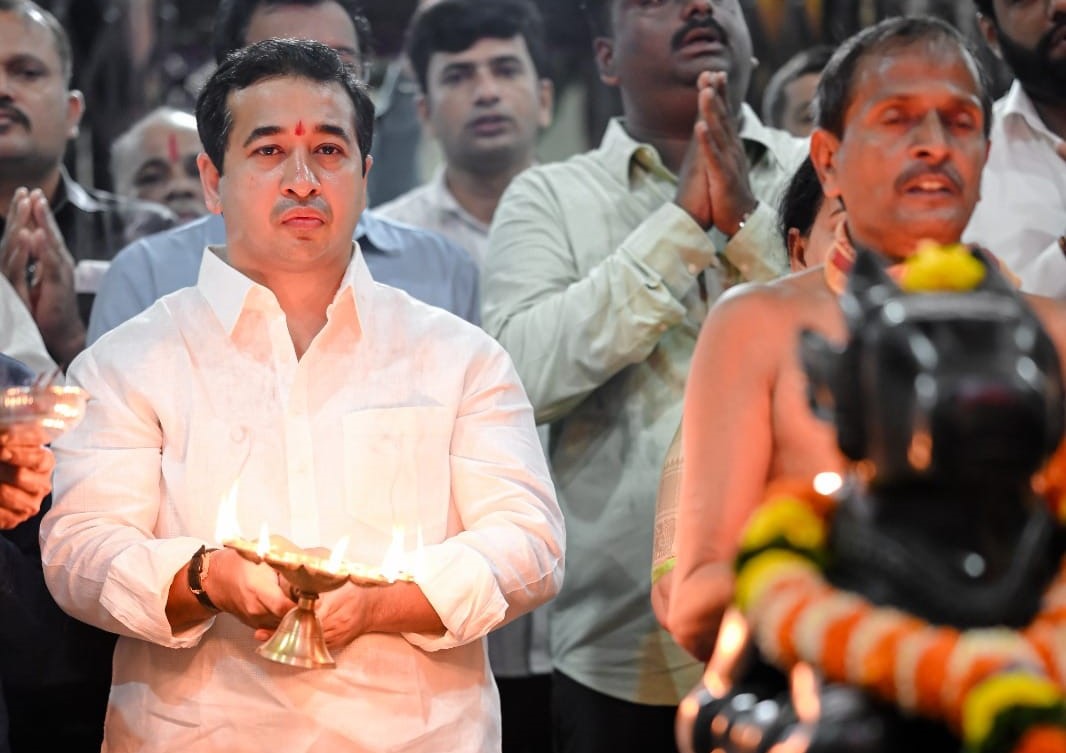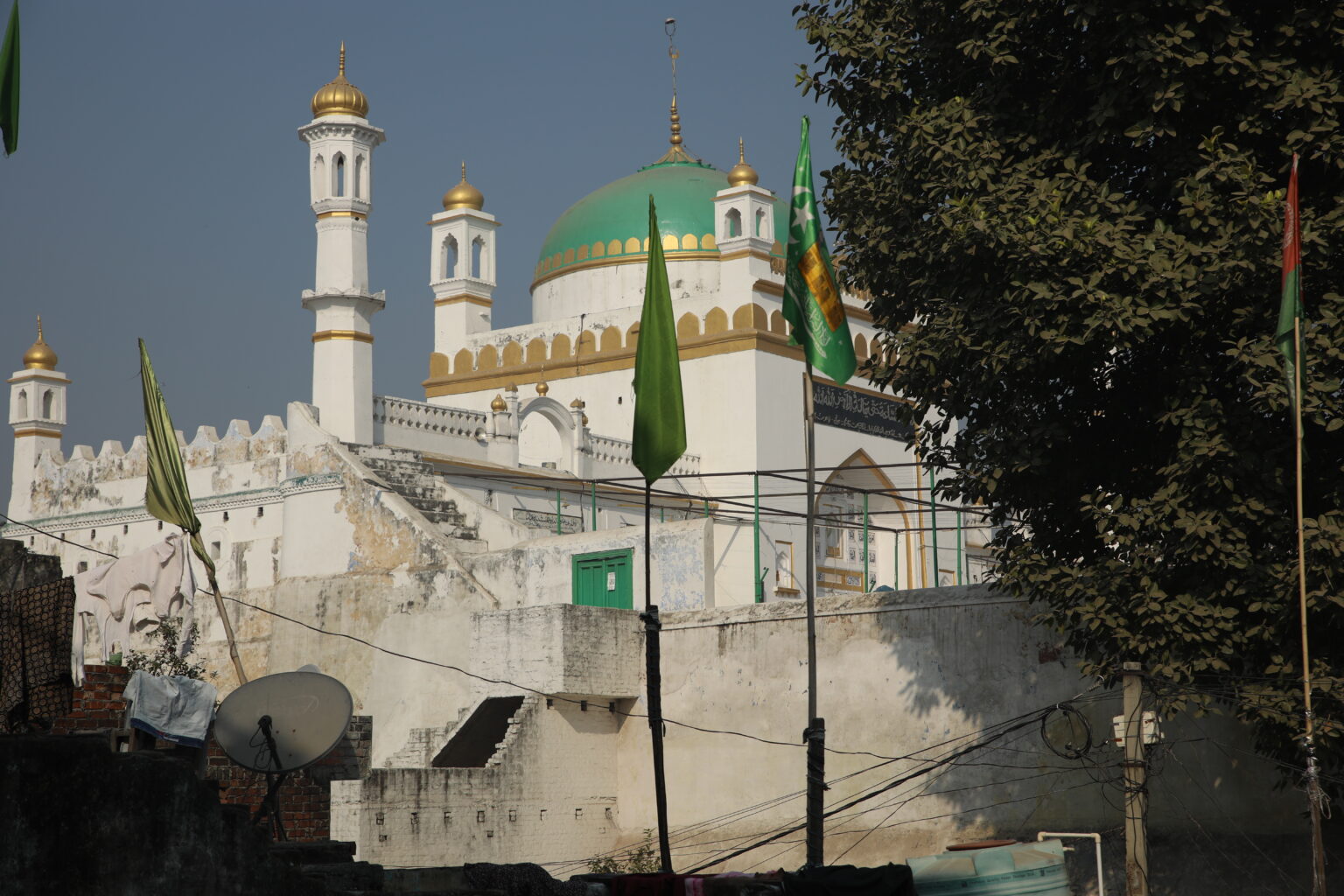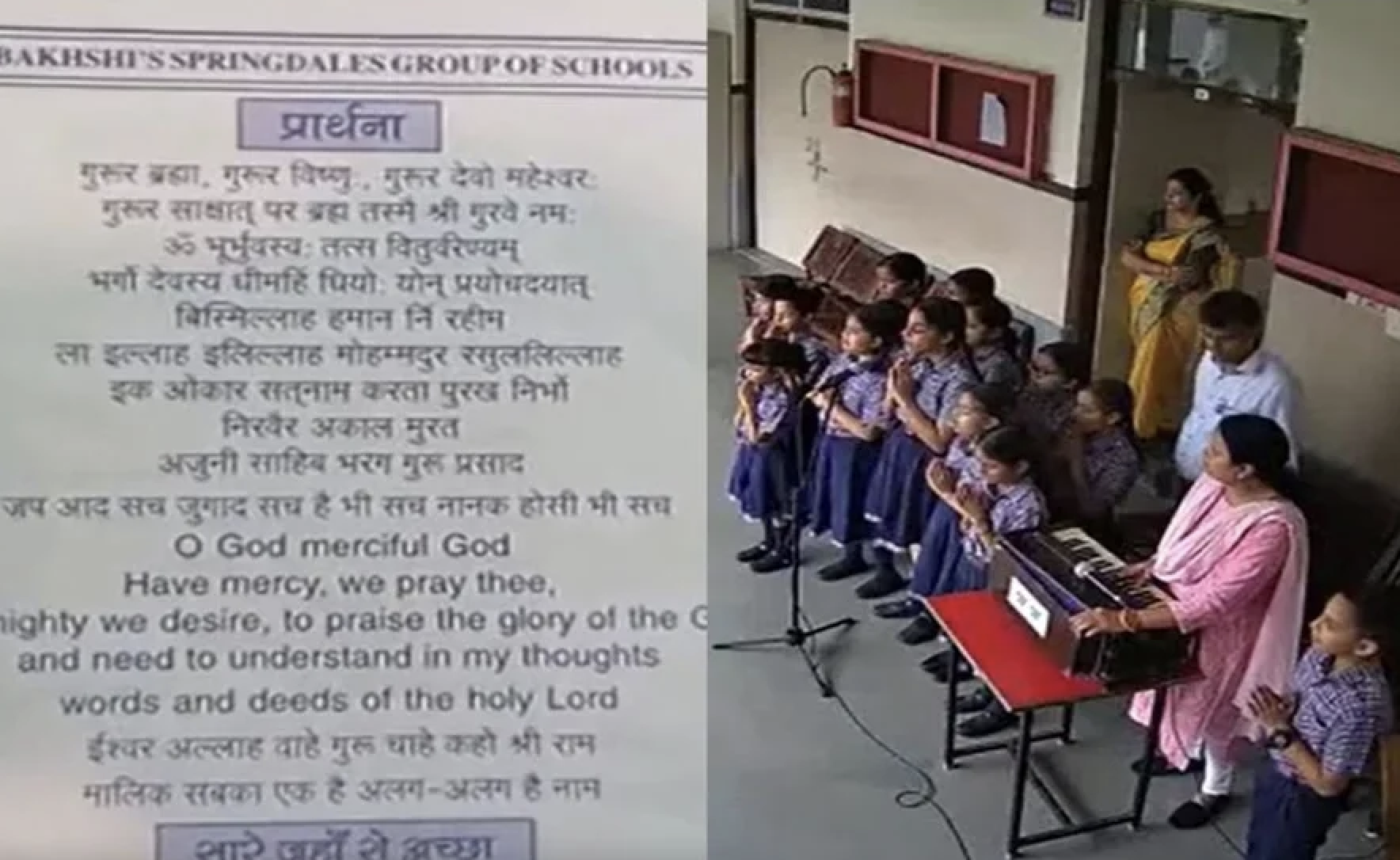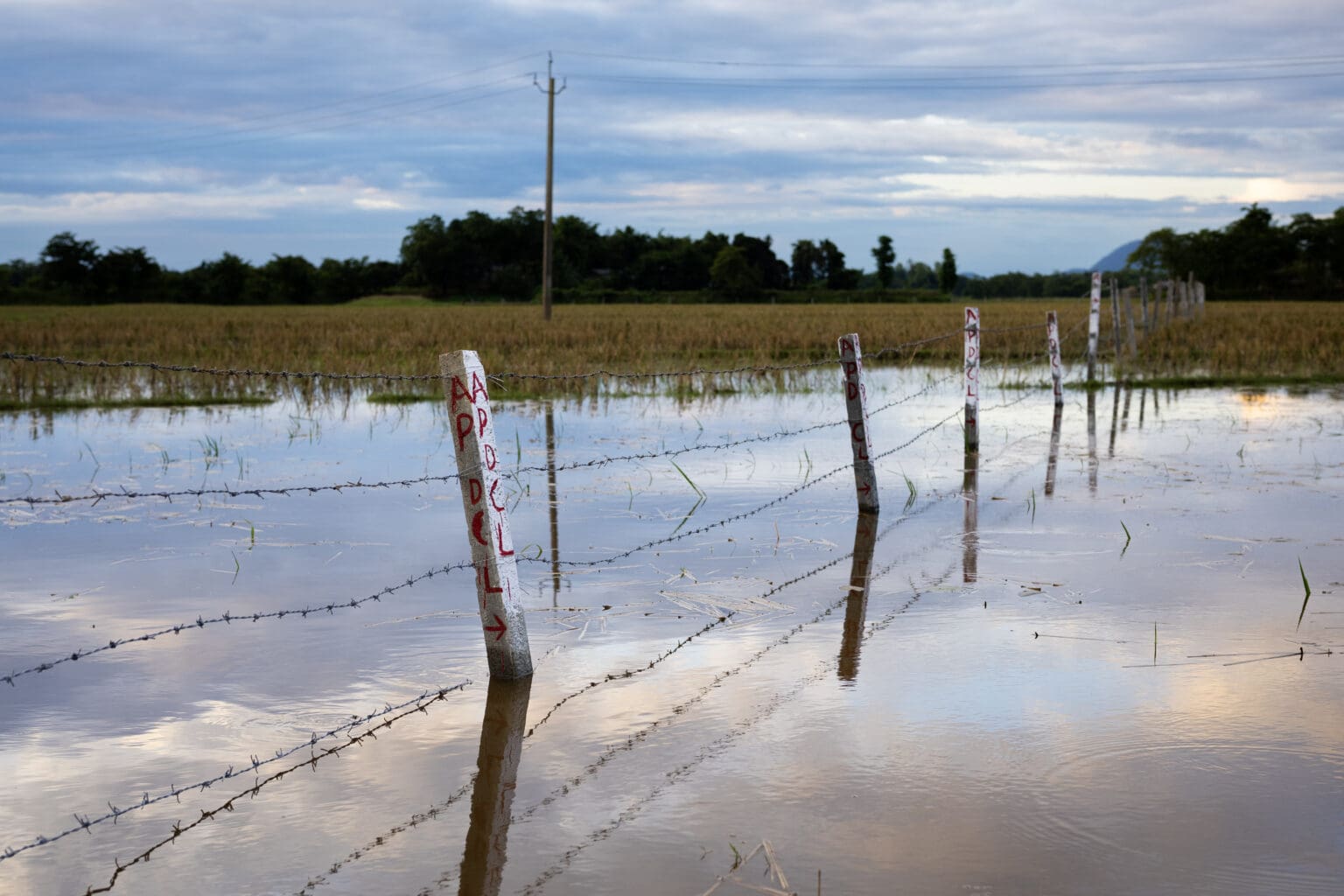
New Delhi: The Dravida Munnetra Kazhagam (DMK) told the Supreme Court that the Citizenship (Amendment) Act (CAA), 2019 is discriminatory because it excludes Tamil refugees and “manifestly arbitrary” because it expressly excludes Muslims, saying the law should be declared null and void because it is “unconstitutional” and “destroys the basic fabric of secularism”.
In a supplementary affidavit submitted to the top court, the party – which is among the 200 petitioners challenging the Act – said the CAA is unconstitutional because it is ultra vires of Articles 14 and 21 of the constitution. It argued that the Act is ‘arbitrary’ as it relates to only three countries – Pakistan, Afghanistan and Bangladesh – and provides a fast-tracked route citizenship only for Hindus, Sikhs, Buddhists, Jains, Parsis and Christian communities from these nations and expressly excludes Muslims.
“The Act deliberately keeps away the people belonging to Muslims who had suffered persecution in the three countries and therefore it is highly discriminatory and manifestly arbitrary,” the DMK said.
While the government has argued that members of these communities have been identified because they face religious persecution in Pakistan, Bangladesh and Afghanistan, DMK has pointed out that Tamils in Sri Lanka have been excluded even though a clause in the country’s constitution gives primacy to Buddhism over all other religions.
“Clause 9 of the Sri Lankan Constitution, not only gives importance to Buddhism over other religions but also empowers the state to protect and foster Buddhism,” the affidavit, filed by the party’s organising secretary R.S. Bharathi, said.
According to the CAA, the basis for including Pakistan, Afghanistan and Bangladesh was that their constitutions provided for a specific state religion due to which the religious minorities there faced prosecution on grounds of religion.
The affidavit said that the situation in Sri Lanka is similar to the one in Pakistan, Afghanistan and Bangladesh. Not only have the Tamils faced religious persecution as they were predominantly Hindus, but they have also faced ‘rampant persecution’ due to their minority status since Sri Lanka’s independence from British rule.
Therefore, the classification to select only Pakistan, Afghanistan and Bangladesh has no “rational nexus with policy and object of the influence act”, DMK said.
According to LiveLaw, the affidavit says that CAA not only gives “undue advantage and benefits” to undocumented immigrants but also fails to achieve the stated objective – to provide support to persons persecuted on the grounds of religion.
This story was originally published in thewire.in . Read the full story here






